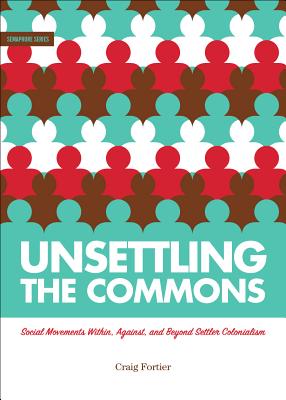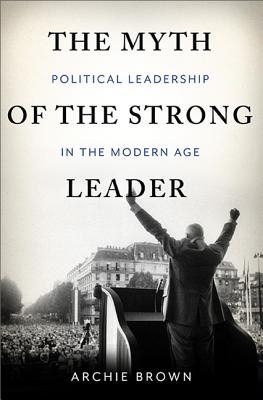
Aurelius, Marcus
product information
description
0Called by some "the best book of practical philosophy ever written," "The Meditations of Marcus Aurelius" is an incredibly powerful book, written as Aurelius attempted to cope with a life and a job that he never really wanted. In "The Meditations of Marcus Aurelius," the emperor at times sounds more like the Buddha, Lao Tzu, Hesiod, or James Allen than he does his Stoic forerunners: proof once again that true wisdom resides in every man's heart and mind and transcends the boundaries of time, place, ethnicity, and doctrine. Marcus, like Buddha, was born in the lap of luxury, but he was destined to hold a position in society for which he was not well suited by virtue of his sensitive and studious nature: the ruler of an ancient and corrupt civilization that dominated most of the known world. The message is simple but extraordinarily powerful: life is short, the past and the future are inaccessible, pain and pleasure have no meaning, but inside each one of us there is a ruling faculty that is touched only by itself. Marcus Aurelius delivers many insightful and inspirational observations about human nature and the human condition, and he makes an excellent rational argument for seeking the good and acting modestly and continently. "The Meditations of Marcus Aurelius" was written by a man who wielded almost absolute power and lived surrounded by the luxury, yet managed to keep things in perspective and to occupy himself only with what truly matters. Through this book, Marcus Aurelius counsels us to get over ourselves, realize we can't change the world, to do our best and realize "we are of this earth." "The Meditations of Marcus Aurelius" can be especially be especially helpful during the worst of times-when we could all use a little "steel in our spine."
member goods
No member items were found under this heading.
Return Policy
All sales are final
Shipping
No special shipping considerations available.
Shipping fees determined at checkout.







